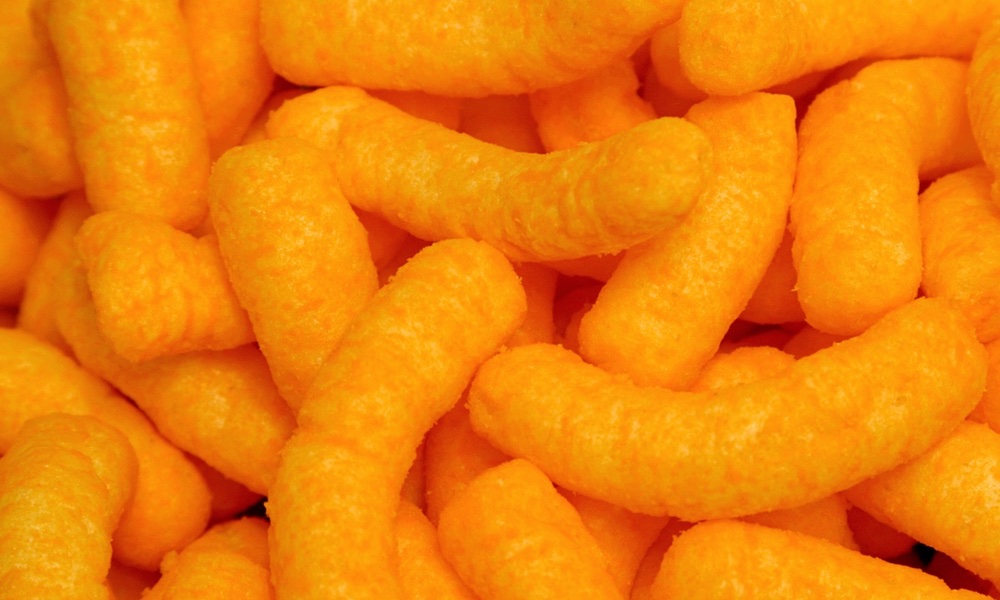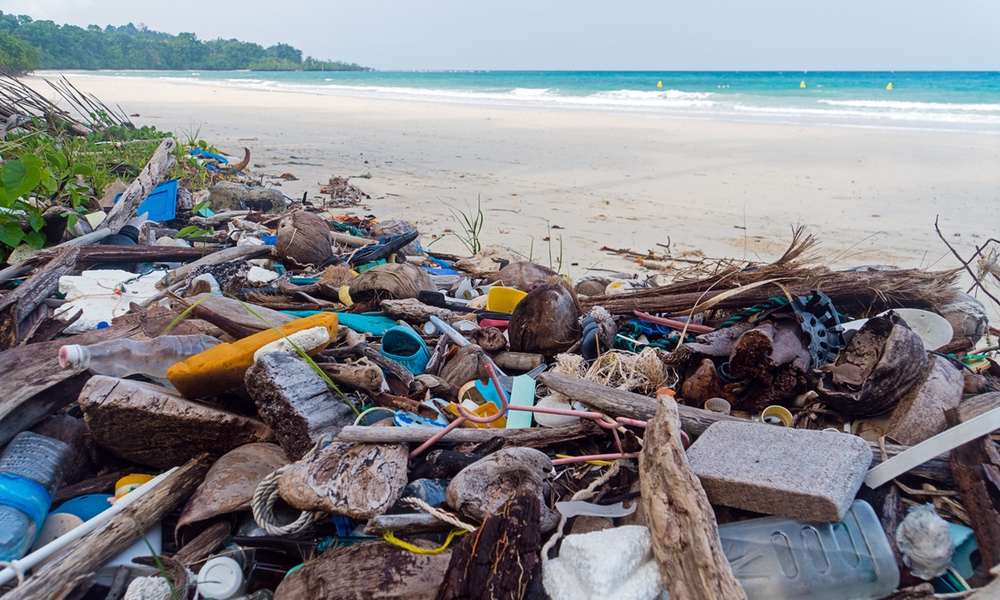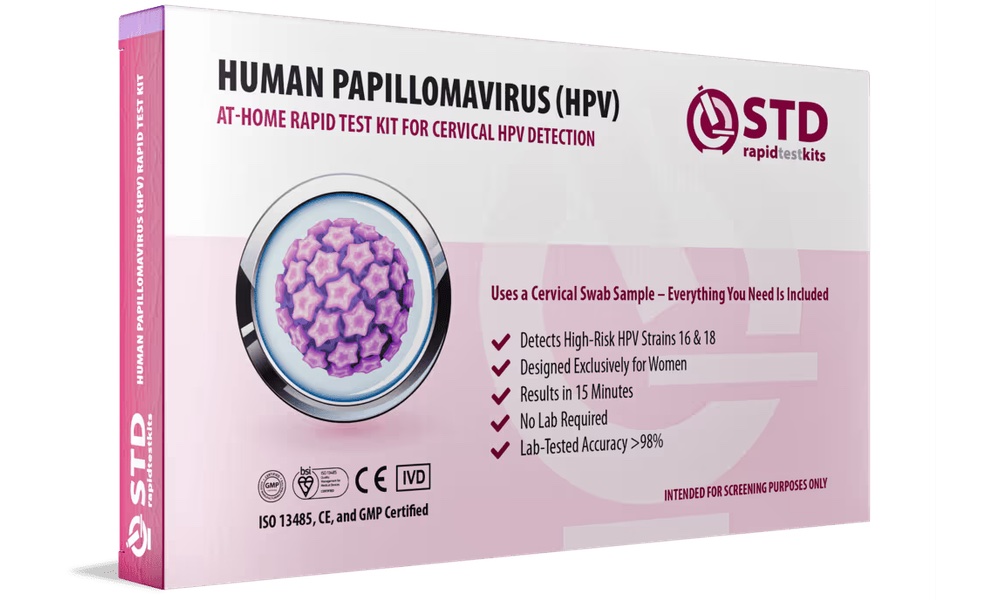The dangers of energy drinks aren’t exactly new — they’re linked to more ER visits, higher alcohol consumption, and their sale has been banned in some countries to kids under 18. Worse, mixing energy drinks with alcohol may actually make people want to drink more than they would if they were just drinking alcohol alone.
Earlier research, looking at college students, has suggested the link between drinking more energy drinks and separately drinking more alcohol. This new Australian study shows what happens when a person mixes the two.
Men and women aged 18 to 30 were randomly assigned to drink either alcohol mixed with an energy drink or mixed with soda water. The first group drank 60 ml of vodka mixed with Red Bull®. The second group drank 60 ml of vodka with soda water. Both types of drinks also contained 200 ml of a fruit drink.And, of course, people drink a lot more in real life than they do in lab experiments.
Members of the energy-drinks-plus-alcohol group had significantly greater desire to drink another, compared to the people in the alcohol only group.
“We found that when people drink A+EDs [alcohol plus energy drinks] that they have a stronger desire to keep drinking than if they drank alcohol on its own,” study author Rebecca McKetin said in a news release.
“This would mean that someone who drinks A+EDs would want to keep drinking more than their friends who don't. What we can't say is whether this translates into people drinking more.”
But it sounds pretty likely. And since some bars offer energy drinks with their alcohol, the finding is particularly important. Kids who are out with friends drinking energy-drink-and-alcohol cocktails may have a harder time knowing when they’ve had enough.
Other behaviors, like riskier sexual behavior, are also more likely when alcohol is flowing freely.
The study isn’t enough to suggest banning the drinks in bars, but it’s something for bar owners (and hopefully patrons) to keep in mind. It’s not clear why people are likelier to drink more with energy drinks in the mix, but it may be the caffeine, a nervous system stimulant, that’s behind the effect.
And, of course, people drink a lot more in real life than they do in lab experiments. So if you’re a fan of mixing energy drinks and alcohol — or if you have kids who may be doing it — keep the results in mind, or have a talk with your kids. When it comes to caffeine and alcohol, one chemical at a time is probably enough.
The study was carried out by a team at The Australian National University and is published in Alcoholism: Clinical and Experimental Research.




